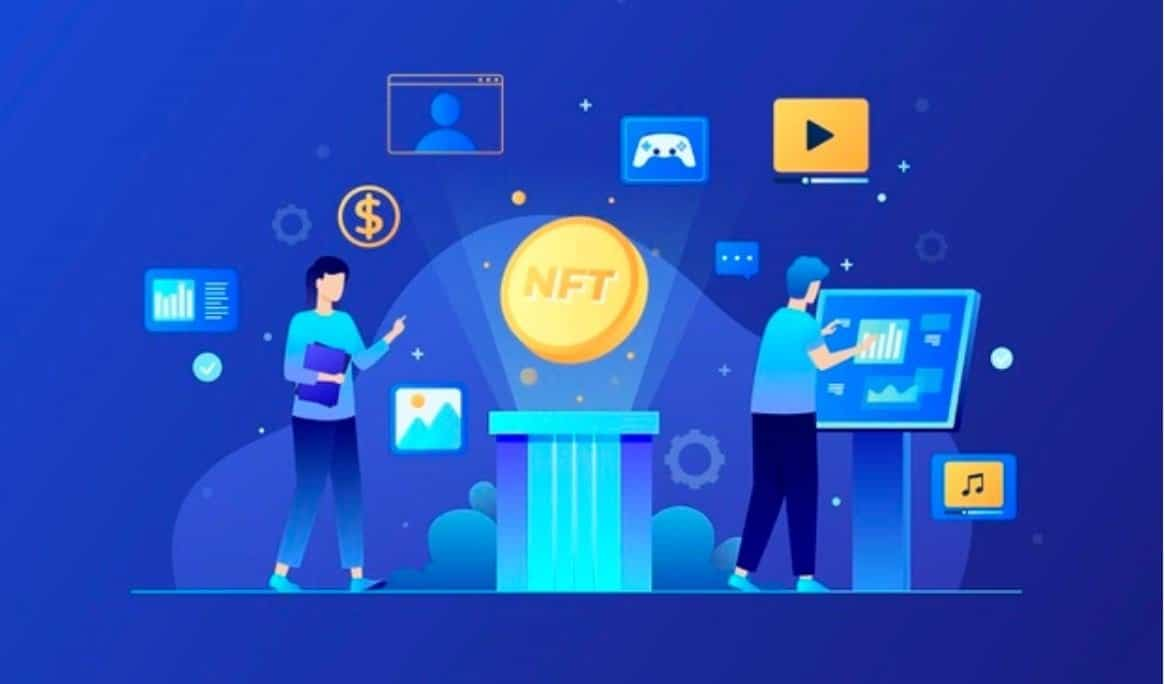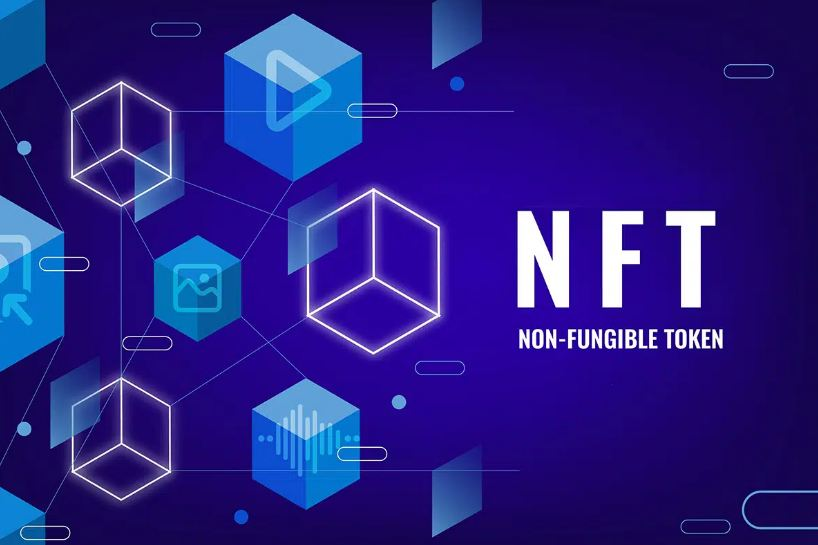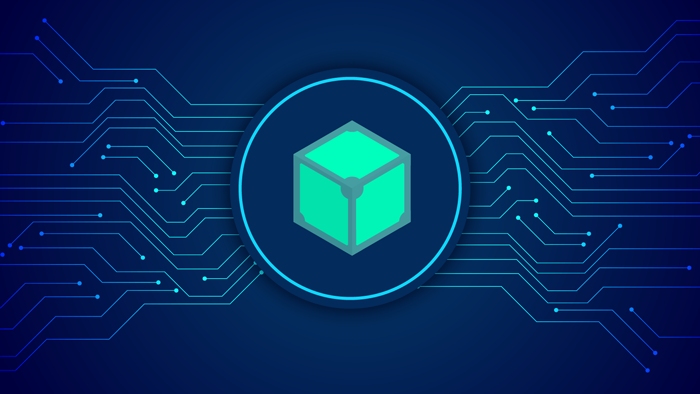Moving digital media around via NFTs is fast becoming into best practice. NFTs may be produced by anybody, and buying them is simple thanks to a variety of online shops and blockchain games. NFTs are made by tagging digital content with special information, which is then used by a smart contract to establish ownership. Some NFT collectors, however, could only contain partial URLs and IDs since NFTs are not always kept fairly. Read on to discover more about how NFTs are kept if you want to invest in them.

NFTs' Essential Technological Components
It's crucial to grasp popular NFT words before learning about NFT storage, therefore here is a list of some of them.
- Intelligent Contracts. This is how NFTs' blockchain component works. These codify the rules that control every aspect of the decentralized network, including the casting and trading of NFTs.
- Metadata. This is how the data is described. It is used in NFTs to define an object's color, form, and other specifics.
- Servers. A server is only a computer. They are quite strong, though, and can control several tasks at once.
- Hash. A cryptographic function called a hash is in charge of keeping data. The hash will always provide the same information if it is configured correctly.
- Custody. Every digital message, including NFTs, is stored on a server.

Off-Chain VS. On-Chain
Every communication is present on the blockchain when NFTs are on-chain. On the other hand, off-chain NFTs can be stored away from the blockchain. On-chain storage is preferred, though, because it makes it easier to validate the whole NFT. Despite this, several NFT initiatives do store off-chain data. For instance, Autoglyphs is a collection of thousands of JPEGs. JPEGs are stored off-chain since they are huge files and it is more convenient.
NFTs can still be bought on the NFT market even if they are kept off-chain. The main distinction is that all personal information stored on the NFT is safe and shielded from potential criminals.
NFTs can still be bought on the NFT market even if they are kept off-chain. The main distinction is that all personal information stored on the NFT is safe and shielded from potential criminals.

Decentralised VS. Centralised Hosting
The smart contract will have information on the initial file storage, whether the NFT is kept off-chain or on-chain. Commonly, hashes that carry information about whether an image is stored centrally or decentralized are used to store metadata and NFTs.
Companies that provide cloud storage systems, like Google or Amazon, are one type of centralized storage solution. No matter how remote the possibility, the system might fail and the data could be lost. The owner of the NFT will permanently lose their digital assets if this occurs. A smart contract containing digital code is all that is left.
Most NFT authors store their digital content with a decentralized hosting company to prevent this danger. For instance, the InterPlanetary File System (IPFS) shares data across a large number of nodes, which makes assaults and weaknesses more challenging.
NFTs are digital objects that are affixed to blockchain-based smart contracts. The information accessible to the NFT buyer depends on whether the actual material is held on or off the chain. Make very certain that you understand what you are purchasing before paying for any NFT.





